An overview of selected new books in Szilárd Library, with a word from their authors, reviewers and publishers
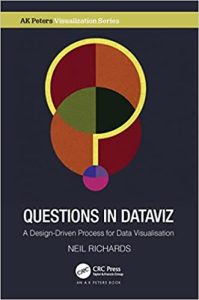
By Neil Richards
This book takes the reader through the process of learning and creating data visualisation, starting with a selection of basic principles, all the way to how to bend and break the rules to come up with unique ideas. Each easy-to-follow chapter poses one key question and provides an array of valuable answers and examples.
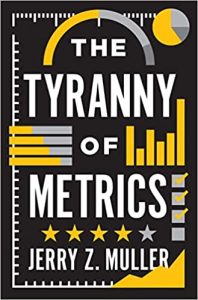
By Jerry Z. Muller
Jerry Muller uncovers the damage our obsession with metrics is causing. Filled with examples from education, medicine, business and finance, government, the police and military, and philanthropy and foreign aid, this brief and accessible book explains why the seemingly irresistible pressure to quantify performance distorts and distracts.
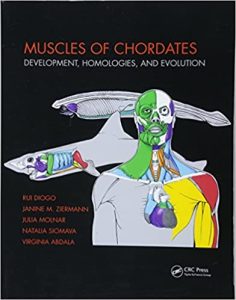
By Rui Diogo, Janine M. Ziermann, Julia Molnar, Natalia Siomava and Virginia Abdala
This is the first book to synthesize, summarize, and provide high-quality illustrations to show what is known of the configuration, development, homology, and evolution of the muscles of all major extant chordate groups.

By Lauren Pecorino
The new edition draws on the latest research in cancer biology, highlighting fundamental concepts and re-emphasising pre-existing concepts. The book features a variety of learning features–‘Pause and think’, ‘How do we know that?’, self-tests and activities–to help students engage with, and master, the concepts presented.

By Christina Maslach and Michael P. Leiter
Two pioneering researchers identify key causes of workplace burnout and reveal what managers can do to promote increased productivity and health. Citing a wealth of research data and drawing on illustrative anecdotes, The Burnout Challenge shows how organizations can change to promote sustainable productivity.
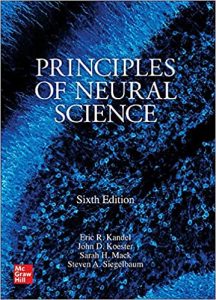
Edited by Eric R. Kandel, John Koester, Sarah Mack,and Steven Siegelbaum
Fully updated, this sixth edition of the landmark reference reflects the latest research, clinical perspectives, and advances in the field. It offers an unparalleled perspective on the the current state and future of neural science.
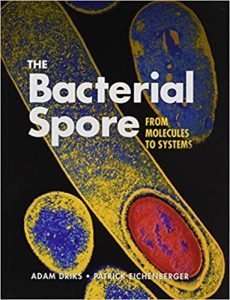
Edited by Adam Driks and Patrick Eichenberger
Editors Adam Driks and Patrick Eichenberger assembled chapters written by a team of diverse and multidisciplinary experts in biodefense and microbial forensics to produce an overview of topics of spore research, such as spore molecular biology, bioremediation, systems biology, issues in biodefense, and the challenge of food safety that is accessible to any reader, regardless of expertise.
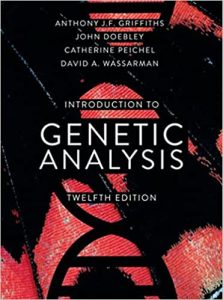
By Anthony J. F Griffiths, John F. Doebley, Catherine L. Peichel and David A. Wassarman
The 12th edition introduces SaplingPlus, the best online resource to teach students the problem solving skills they need to succeed in genetics. SaplingPlus combines Sapling’s acclaimed automatically graded online homework with an extensive suite of engaging multimedia learning resources.

By Claudio Ronchi
Readers are invited to follow an itinerary through the history of science, a voyage which, in the end, enables them to catch a glimpse of two divergent futures: One in which science accelerates the downfall of Homo sapiens, and another in which it helps our species to engage in a new and positive adventure, whose outcome nobody can know.
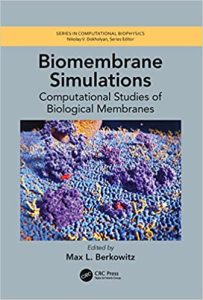
Edited by Max L. Berkowitz
Due to recent advancements in the development of numerical algorithms and computational hardware, computer simulations of biological membranes, often requiring use of substantial computational resources, are now reaching a mature stage. Since molecular processes in membranes occur on a multitude of spatial and time scales, molecular simulations of membranes can also serve as a testing ground for use of multi-scale simulation techniques.

Edited by Gerard A.J.M Jagers op Akkerhuis
This book discusses several recent theoretic advancements in interdisciplinary and transdisciplinary integration in the field of evolution. The object based approach that was used to suggest innovations in the field of Darwinian evolution also allowed for contributions to other topics, such as major evolutionary transitions theory, the definition of life and the relationships between evolution, self-organization and thermodynamics.










